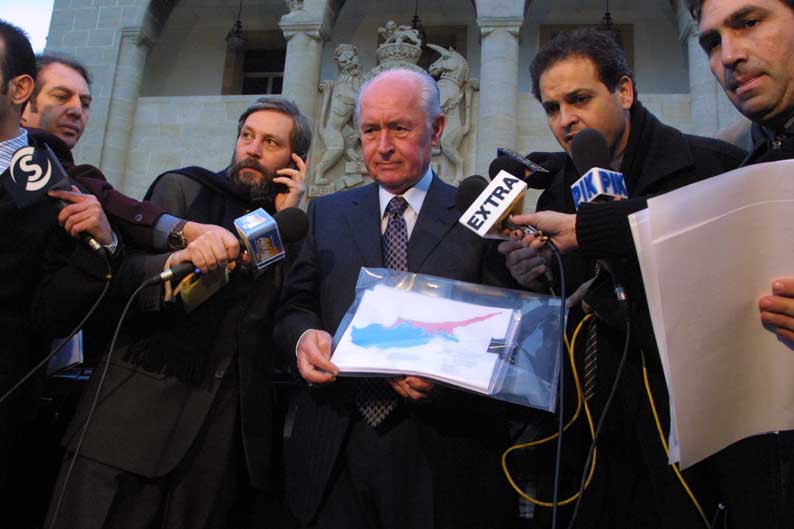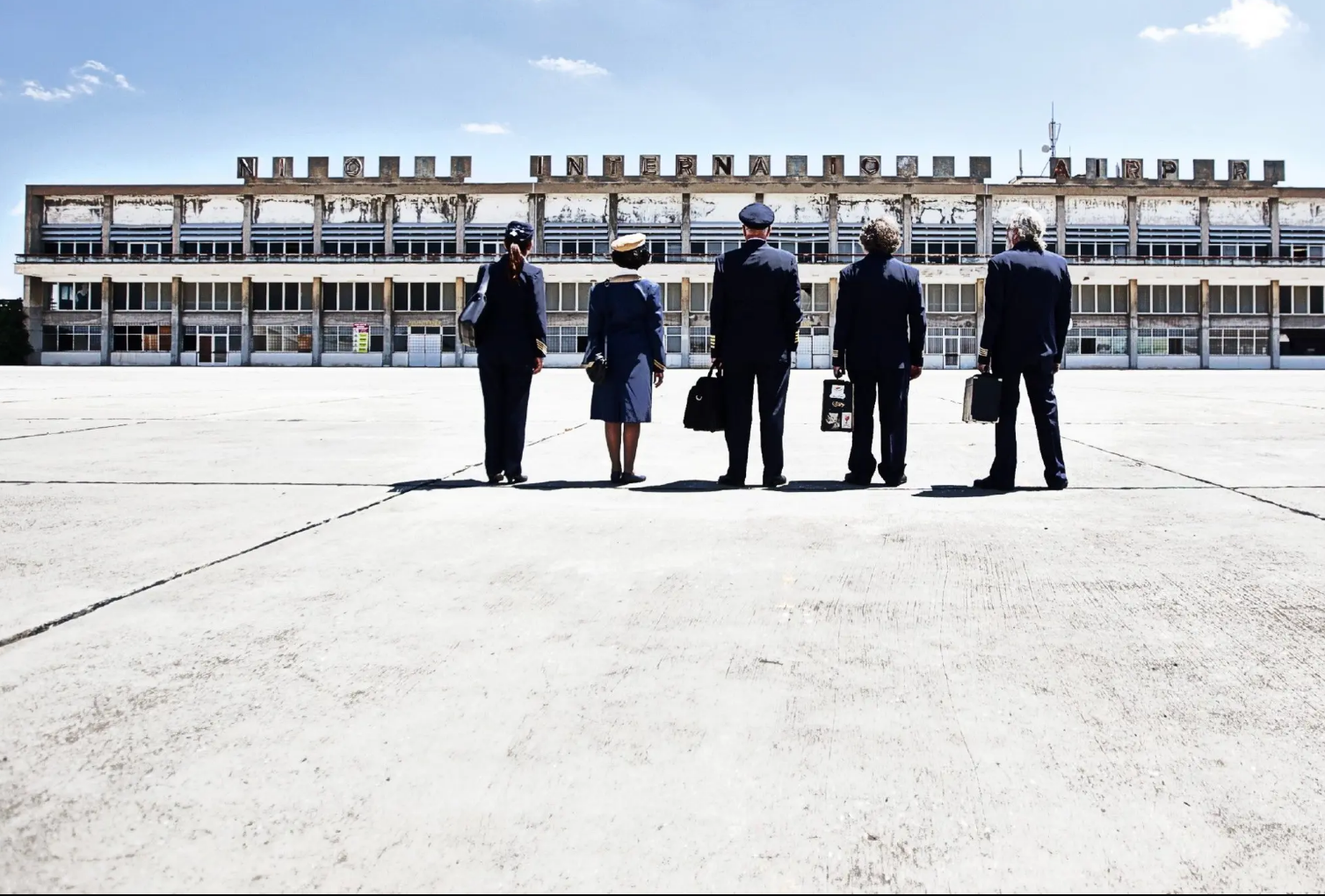A day after the publication of Ithaki, the book penned by former prime minister of Greece, Alexis Tsipras about his time in office, a very short written announcement was issued by Nicos Anastasiades, claiming he had been vindicated.
“The references of the book by Alexis Tsipras about everything that happened in Crans-Montana speak for themselves,” he wrote before reaching the ineluctable conclusion that this was “yet another refutation of all those that for so long adopted the Turkish narrative”.
This was no refutation, as Phileleftheros’ columnists were keen to point out, but a repetition of the narrative presented by Anastasiades, who has on countless occasions been caught being economical with the truth. The fact is that the former president has been caught not telling the truth with regard to the Cyprus problem so often that it is difficult for anyone to believe his narrative, even when the alternative narrative is Turkish.
Anastasiades’ support for the two-state solution was, according to Turkish foreign minister at the time, Mevlut Cavusoglu, conveyed to him by the president on the eve of the last dinner on July 6, 2017, in Cran-Montana. Although Anastasiades claimed Cavusoglu had lied, Greek Cypriot negotiator Andreas Mavroyiannis confirmed last year that Anastasiades had had this conversation with the Turkish foreign minister, despite his denials.
Mavroyiannis’ source was Anastasiades himself, with the former negotiator pointing out that it was a big mistake to talk to Cavusoglu about a two-state solution while the Crans-Montana negotiations were in progress. Anastasiades had also expressed his support for a two-state solution to the late Archbishop Chrysostomos, subsequently claiming the cleric had misunderstood him. The former president lost his trustworthiness many years ago, so how can anyone believe his narrative?
In his book Tsipras mentioned the offer made to the UNSG by Cavusoglu that under certain condition Turkey would be willing to discuss the scrapping of guarantees. Tsipras wrote that this had created “big hopes” and he expressed the desire to go to Crans-Montana while the talks were in progress. When he said this to Anastasiades the latter was “extremely cautious”, saying he “believed it was a bluff by the Turkish side, and he did not share my very restrained optimism”, Tsipras wrote. He added that at the July 6 dinner, Cavusoglu’s line on guarantees was completely different from what he had conveyed to the UNSG earlier.
Why had Anastasiades urged Tsipras not to go to Switzerland, when he had such an appealing offer from the Turkish side? Surely, the presence of Tsipras and Turkey’s prime minister could have pushed the talks forward, especially as there had been an offer for the scrapping of guarantees and the unilateral right of intervention. Why would the Turkish side persist with these offers, when the Cyprus president’s response was to propose a two-state solution?
It might be unpatriotic to adopt the Turkish narrative about what happened at Crans-Montana, but the sad reality is that nobody can believe Anastasiades’ narrative, which is full of holes and inconsistencies.







Click here to change your cookie preferences